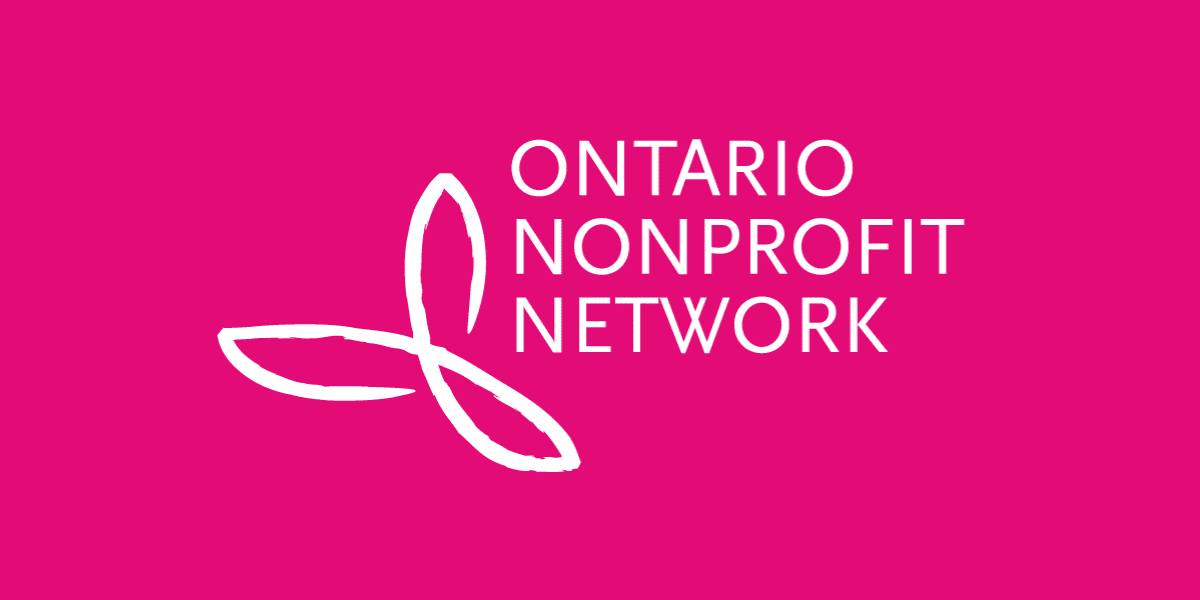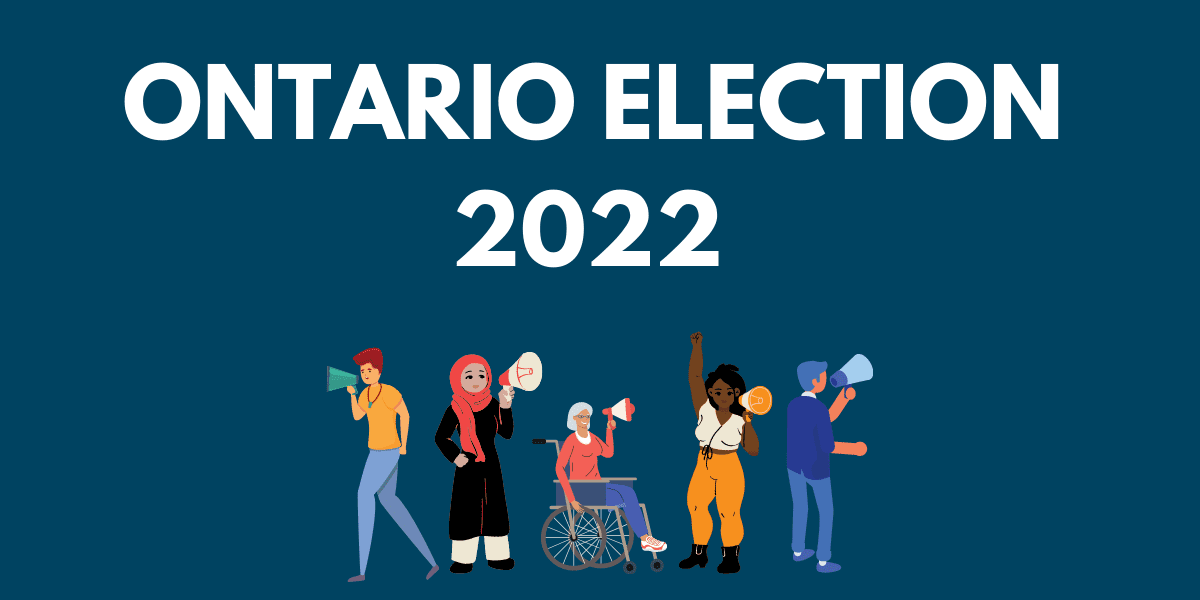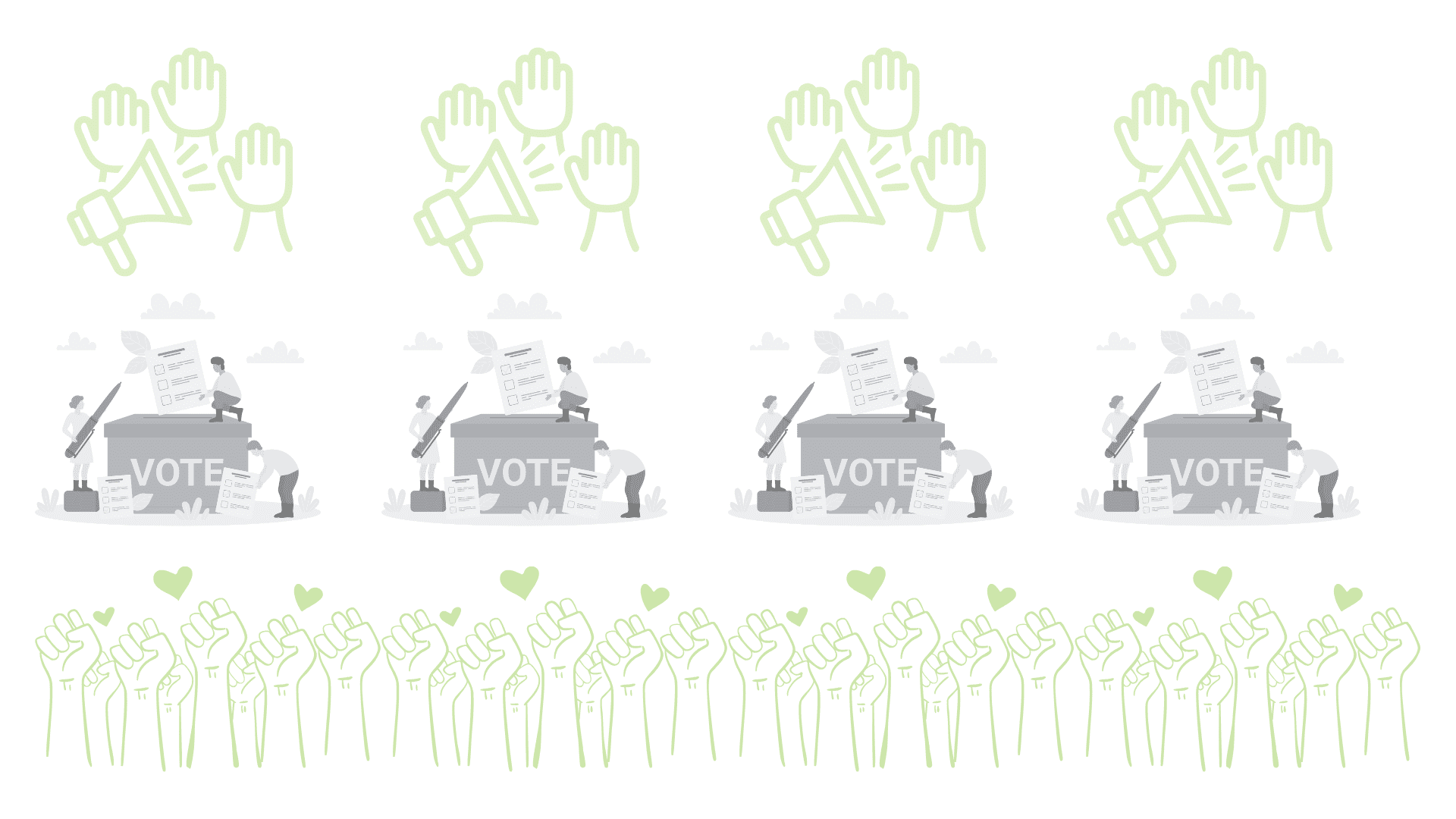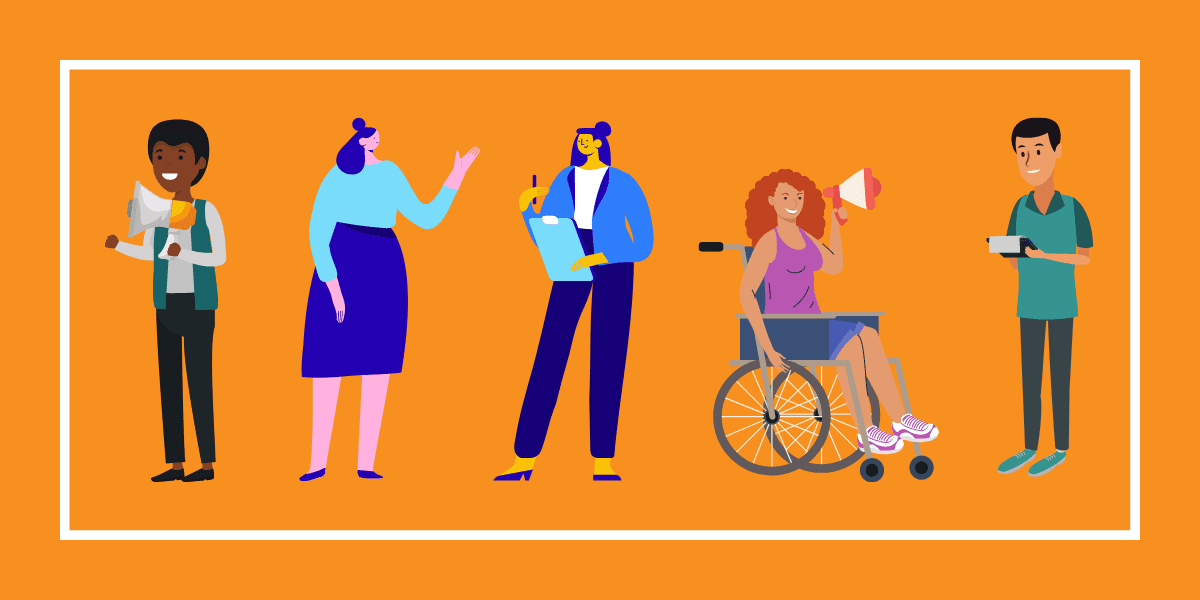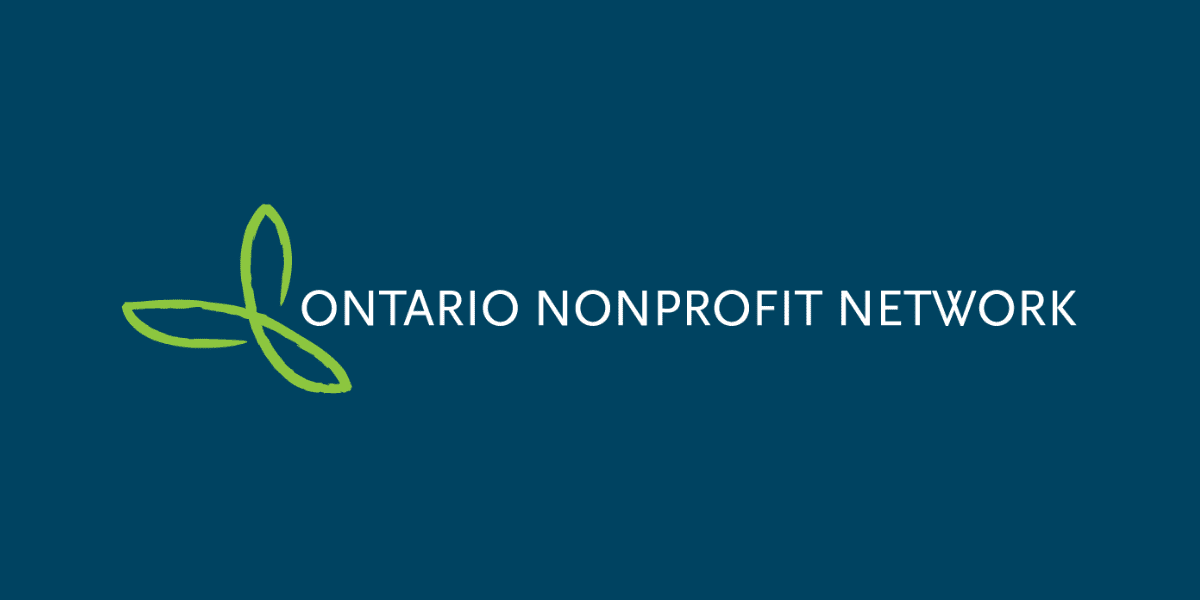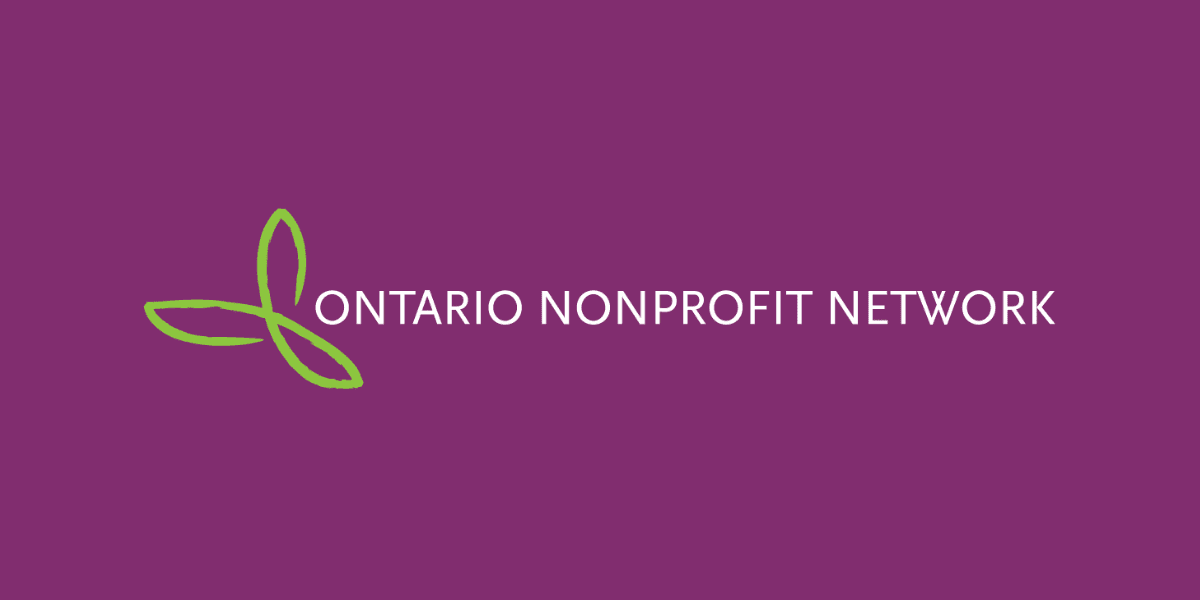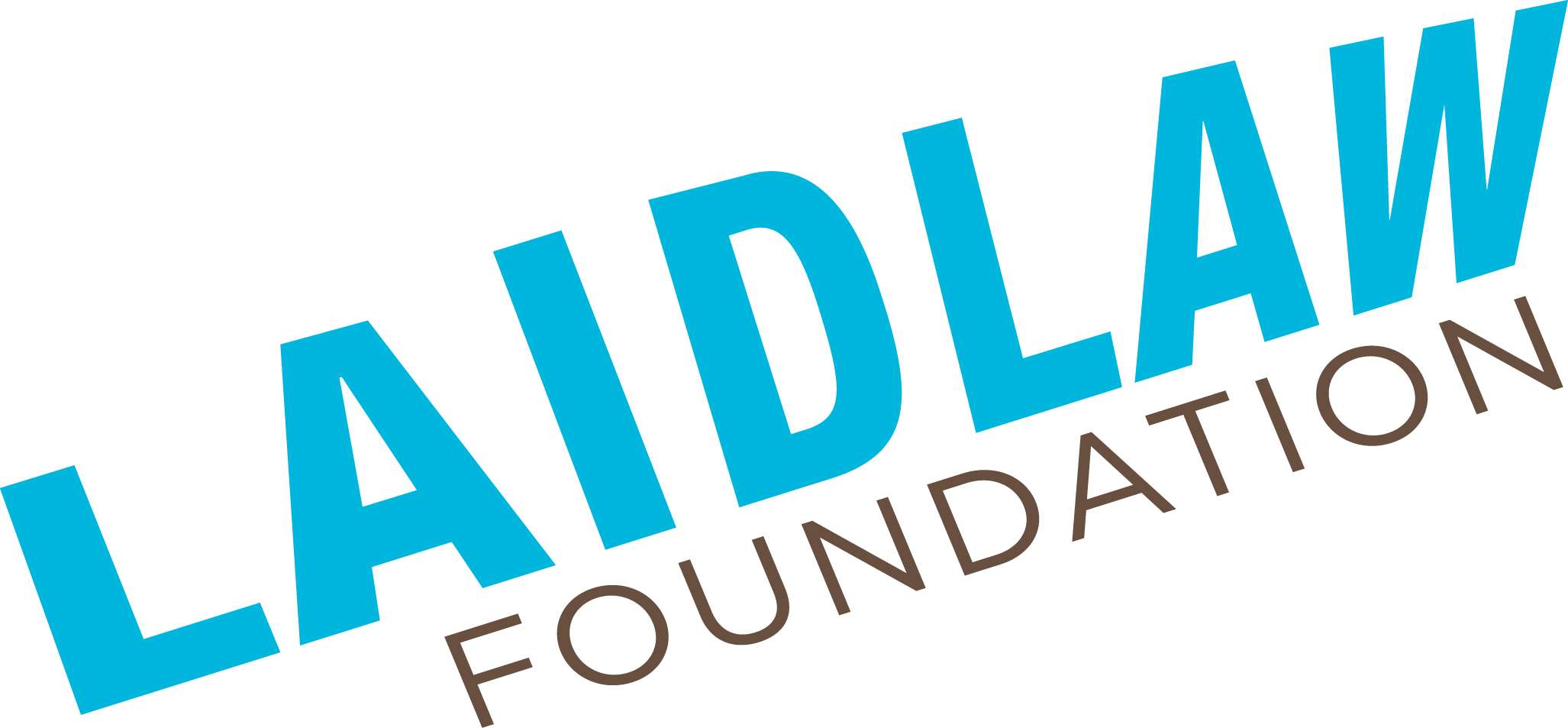Active democracy
In the face of growing divides, nonprofits can bring communities together
Communities are becoming increasingly polarized in ways never seen before. Extreme views built on a global ecosystem of misinformation are seeding divisiveness, distrust of institutions, and significant democratic apathy while clearing a path for more overt threats to progress on equity.
The lack of trust, engagement, and participation in our democratic process by our most historically under-served communities compounds other disparities in public policy that have long protected systems that only benefit those with wealth and resources.
As an expression of democracy ourselves, nonprofits have a critical role to play in activating a thriving democracy. Governments make, implement, and enforce policy. But it is the people – the citizens – who should drive it. Nonprofits can be the bridge between communities and government when we engage and amplify community voices, provide unique public policy insight, and hold governments and decision-makers accountable.
Our unique role in community allows us to share information as trusted sources, increase awareness and understanding of community issues, identify emerging needs, help people gather and organize, contribute knowledge through research, and enable confidence in communities to speak up or be strong allies to them.
Public policy that enables nonprofits to lean into their role in activating a thriving democracy will ensure the symbiosis between a vibrant democracy and engaged communities lives on.
Key areas of focus for activating democracy
Nonprofits can facilitate participation in the democratic participation through education and by mobilizing voters via our nonpartisan advocacy activities, particularly ensuring that those communities least represented in our democracy are engaged and represented.
Over-regulating nonprofits’ advocacy, particularly during elections, limits the sector’s ability to engage in productive public policy dialogue that can function as an antidote to community divisiveness.
We advocate for:
Low barrier nonprofit advocacy where public benefit nonprofits are exempt from the lobbyist registration, administrative burdens associated with registering as a third party advertiser are eased for nonprofits, under provincial and municipal election financing laws.
Civic engagement for democratic participation where people of all demographics have full access to voting, are informed of their voting rights, and receive objective and complete information about candidates and measures.
Nonprofit engagement in electoral processes.
Ways nonprofits can take action to activate democracy
- Connect with us if you are working on a democracy policy issue or if one in this focus area bubbles up for you and your networks. Put it in on our radar to engage in potential collective advocacy efforts.
- Check out ONN’s advocacy spectrum tool
- Learn about nonprofit role in Vibrant Democracies
- Have questions around election advocacy? Check out our Election Advocacy FAQ.
